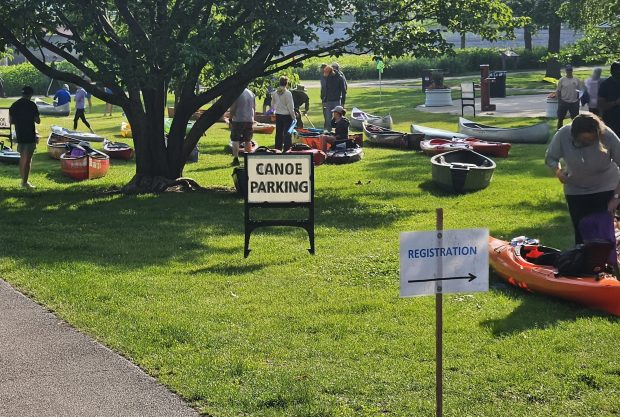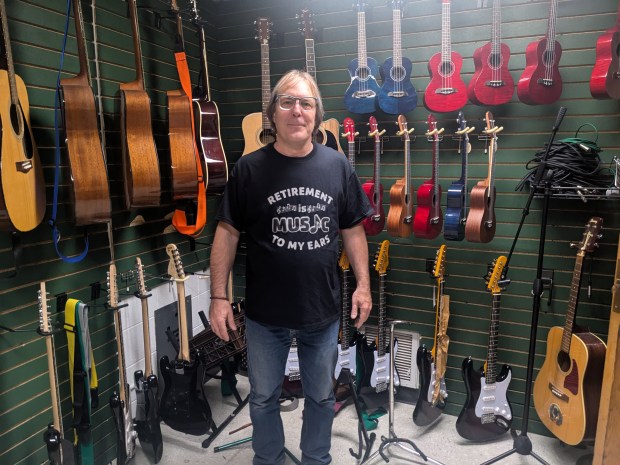The Aurora City Council is set to vote next week on a 27% pay increase for aldermen that would be effective in 2027.
Aldermen meeting this week as a Committee of the Whole voted 8-3 in favor of the increase. It was put on the agenda as unfinished business for next week’s meeting where aldermen, then meeting as the regular City Council, will have to vote again to enact the change.
Aldermen supporting the increase said while it is a big bump in the first year, it would bring Aurora closer to the pay elected representatives get in comparable cities across the country.
“Coming out of COVID, a number of municipalities had to do this. Many were behind where they need to be,” said Ald. Edward Bugg, 9th. “We’re still playing catch-up.”
Aldermen were originally considering a compensation change that would have given members of the council a 10% increase in 2027 and 5% increases for each of the succeeding three years, through 2030.
The proposal came out of the Finance Committee, which has been looking at aldermanic pay for weeks, and was born from a study by Los Angeles-based organizational consultant firm Korn Ferry which showed Aurora aldermen are paid about 44% to 54% of what City Council members are paid in comparable cities.
But Bugg said 10% is not enough of a bump, that it would still put Aurora behind. He referenced cities such as Des Moines, Iowa; Akron, Ohio; and Richmond, Virginia, which are of similar size to Aurora, and where elected representatives make more than $40,000 a year. Richmond in particular just raised the yearly salary from $25,000 to $45,000, Bugg said.
A 27% increase, which would not kick in until June 2027, would bring Aurora aldermanic yearly salaries to $32,500. As part of the proposal, they would get another 5% raise in June 2028.
Aldermen also get $90 for each meeting they attend and that would not change.
No sitting elected officials can change their own salaries. A raise would not affect any of the sitting aldermen unless they continue to run for office and are elected again in 2027.
Voting against the increase were Aldermen Dan Barreiro, 1st, Michael Saville, 6th, and Ron Woerman, at large. Barreiro said he was talking to a neighborhood group in his 1st Ward this week and the “feedback wasn’t very enthusiastic” about the 10% increase.
“I thought 10% was a hard sell; 27% would be harder,” he said.
In a separate resolution, aldermen voted to support looking at pay more frequently than every four years. The council has traditionally reviewed pay every four years so that it would meet the legal requirement that they could not raise their own salaries, and also because it would not create a situation where six of the aldermen are paid more than the other six.
That could happen because aldermanic terms are staggered, so half the council is elected every two years.
But Bugg said it is difficult for aldermen to look at pay as many as six years ahead, which is what they were being asked to do for 2030.
“It’s impossible to gauge compensation for six years from now,” he said.
He pointed out that no one could see the coronavirus pandemic coming six years ahead of time. During that time period, the council gave no raise to aldermen, which is how they fell behind in the first place, Bugg said.
If that resolution is passed next week, aldermen would look at the 2029 and 2030 years in 2026, and continue looking ahead 2 1/2 years instead of four.
slord@tribpub.com





